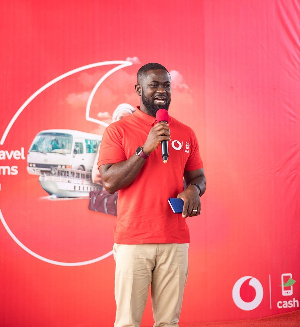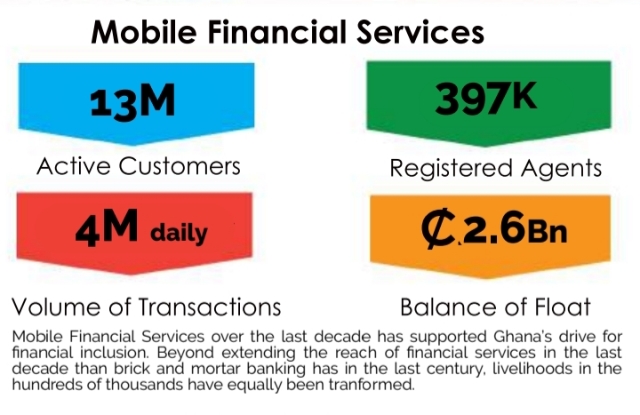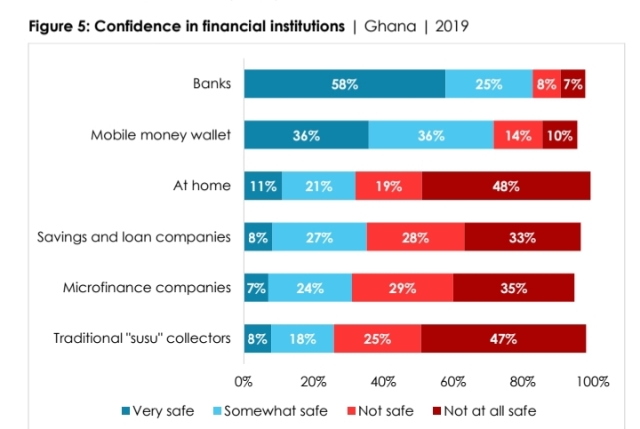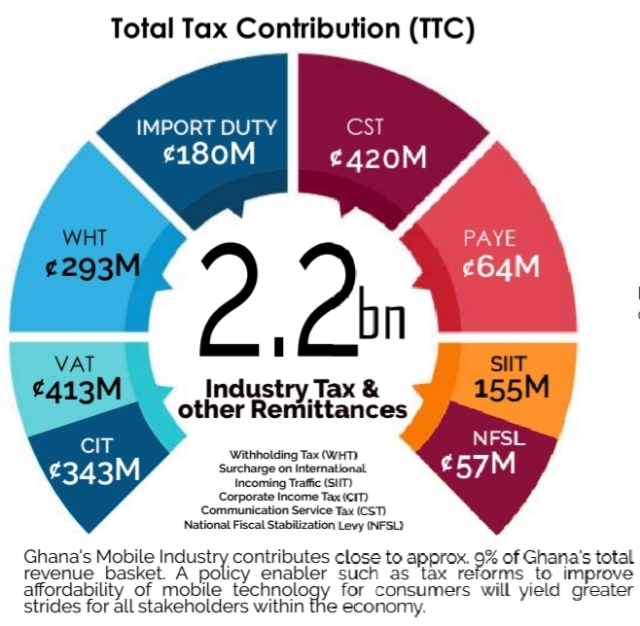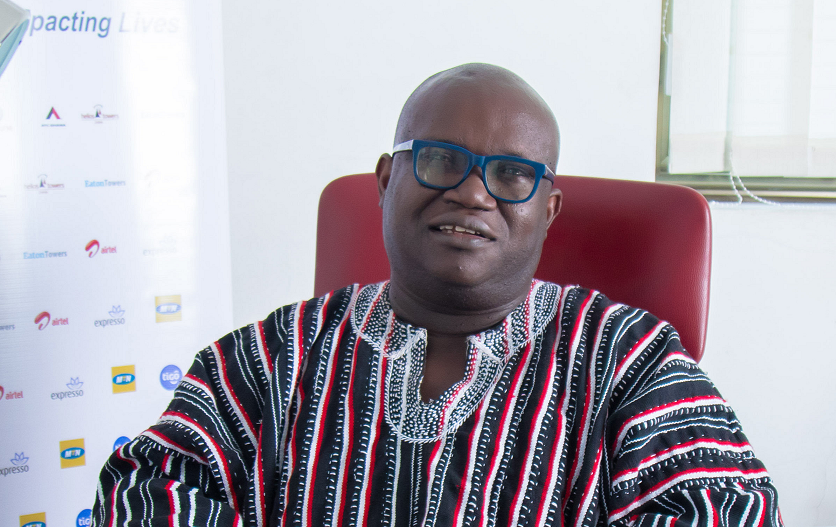
The government must focus on output tax instead of the current industry specific taxes imposed on the telecommunications industry, the Chief Executive Officer (CEO) of Chamber of Telecommunications, Kenneth Ashigbey, has said.
That, he said, would help promote the growth of the telecommunications industry in the country.
Speaking in an interview with the Ghanaian Times on the side-lines of a press conference to announce the outcome of a Telecommunication Tax Contribution (TTC) survey, Mr Ashigbey said telecommunication sector was saddled with a lot of taxes, which in total constitute 40 per cent of the cost of operations of the telecommunication companies.
He said the industry must not be seen as a cash cow, but a ‘driving horse’ to propel and drive the other sectors of the economy.
According to him, it was important for the government to reduce the numerous taxes imposed on the industry to allow companies in the sector to invest more in expanding infrastructure to make more spectrums available and improve on their services.
He explained that if the industry was supported to grow through tax reliefs and incentives, the government could generate more taxes from the services the industry generated.
Touching on the total tax contribution of the TTC to the government tax revenue in 2018, Mr Ashigbey said the industry last year contributed GH¢2.2 billion.
“Value Added Tax stood as one of the top tax lines of the industry, representing approximately 19 per cent of the TTC in money terms of over GH¢412 million and Communication Service Tax also generated GH¢420 million to government,” he said.
Corporate Income Tax, the CEO said contributed GH¢342 million and Pay As You Earn contributed GH¢64 million, withholding tax, GH¢293 million, import duty GH¢180 million and Surcharge on International Incoming Traffic contributed GH¢115 million.
Mr Ashigbey said the industry last year contributed two per cent of the country’s Gross Domestic Product and industry players in 2018 invested more than GH¢628 million in capital expenditure and GH¢345 million in other remittances.
The CEO said aside the tax contribution to the State; the telecommunication industry gave 6500 direct jobs and 1.6 million indirect jobs.
Quizzed about the claim of government that the telecommunications companies were under declaring profit, the CEO said the telecommunications companies said no study had confirm that and the Chamber of Telecommunications had written to the Ghana Revenue Authority to provide it with information to that effect if there is any.
He said some of the telecommunication companies were listed both locally and internationally and shareholders were concerned about the bottom lines of the companies.
Mr Ashigbey said the telecommunication companies took their tax obligations seriously.
On the Communication Service Tax, he said members had completed the process to stop the upfront deductions of the CST.
Mr Ashigbey touching about the move to tax Mobile Money said the move would be akin to the VAT on the banking services government abolished in 2017.
Citing Uganda as an example, he said taxing Mobile Money would reduce the uptake of the service.
On the intention of government to roll out a test run for 5G service next year, Mr Ashigbey called for comprehensive policy to bring all sectors of the economy on board the exercise.
Source:Ghanaian Times


